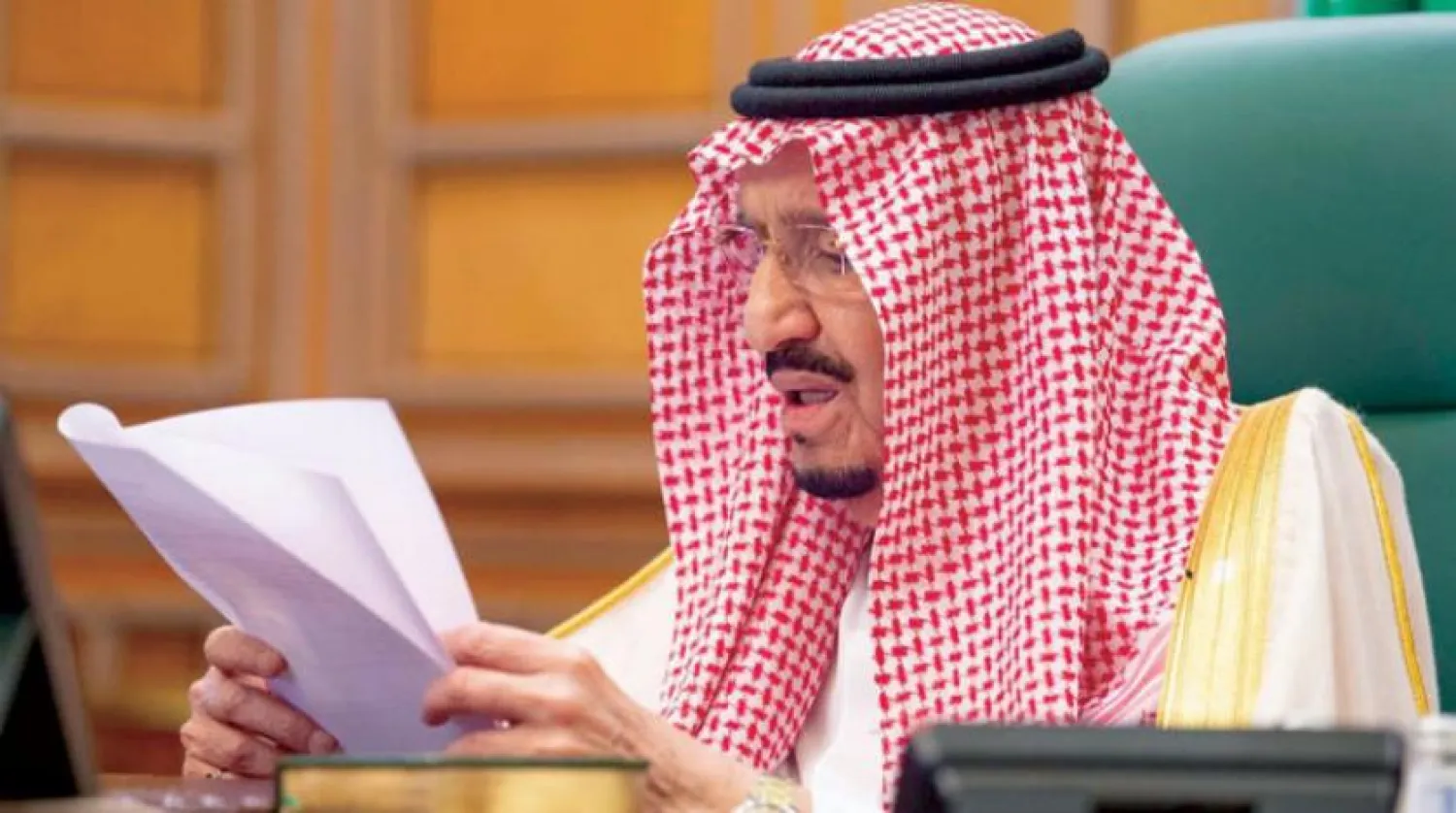The Kingdom of Saudi Arabia celebrates on Wednesday its 90th national day, recalling the achievements it has made over the past nine decades, since its unification under King Abdulaziz bin Abdul Rahman Al Saud, and until the current era under the leadership of the Custodian of the Two Holy Mosques, King Salman bin Abdulaziz Al Saud, and Crown Prince Mohamad bin Salman bin Abdulaziz.
On this day in 1932, the third Saudi state was officially called the Kingdom of Saudi Arabia, after a royal decree was issued four days earlier, announcing the unification of the country.
The founding king exerted efforts to unify the country and establish a strong state with a prominent regional and international standing.
The Kingdom’s history goes back to long before the unification of Saudi Arabia. The first state, which extended from 1744 to 1818, began with the meeting that brought together the Emir of Diriyah at the time, Imam Muhammad bin Saud and Sheikh Muhammad bin Abdul Wahhab in 1744.
The second state was established by Prince Turki bin Abdullah bin Muhammad bin Saud from 1824 to 1891. Given this historical dimension, Saudi Arabia has nearly 300 years of age.
Today, Saudi Arabia continues to follow its mission and approach. The Kingdom is present in various sectors, as an important partner in facing most of the world’s challenges and a founding member of various international organizations such as the United Nations. It has also assumed this year’s presidency of the G20.
These partnerships, along with their international importance and role, have placed Saudi Arabia in a major position in peace-making. The Kingdom has also played a mediating role between rival states to unify their word, abolish hate rhetoric and stop the fighting. It continued to provide assistance to many afflicted countries around the world in billions that increased year after year.
Saudi Arabia has kept its cultural identity despite its international ties. The Kingdom has preserved and strengthened its image, language and culture at international organizations.









